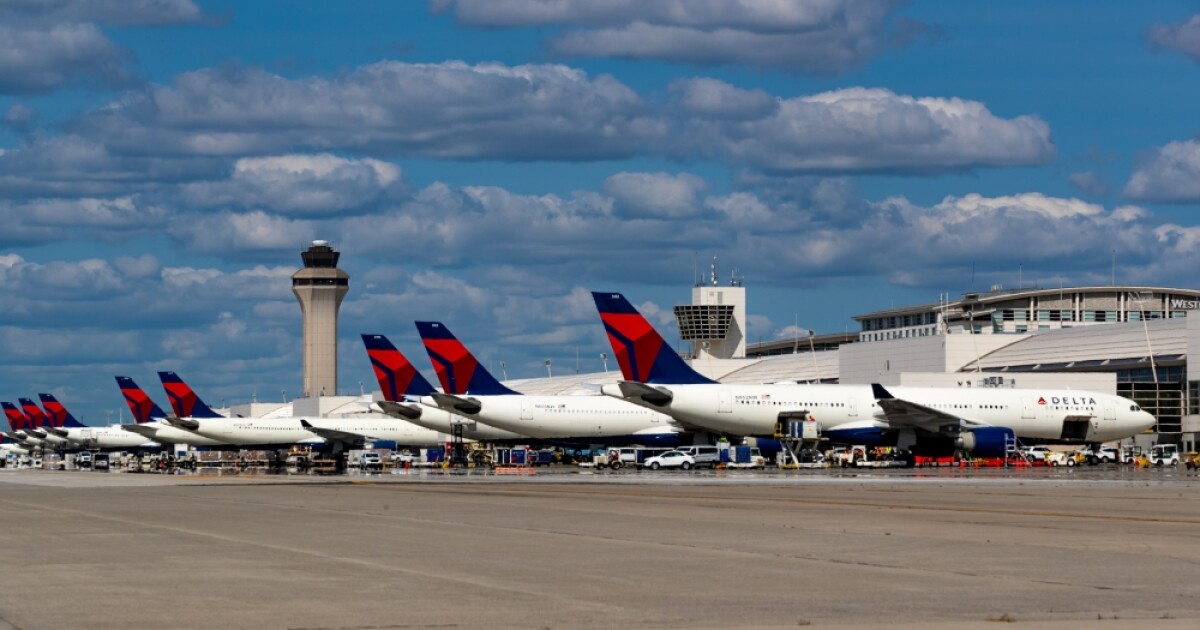Detroit Airport Faces 10% Flight Cuts Due to Prolonged Shutdown
- Better American Media

- 2 days ago
- 2 min read

Travel Disruptions at Detroit Airport as Government Shutdown Continues
As the U.S. endures its longest government shutdown to date, travelers at the Detroit Metropolitan Wayne County Airport (DTW) face increased uncertainty regarding their flights. The Federal Aviation Administration (FAA) has announced a 10% reduction in flights at 40 airports nationwide, effective from November 14.
According to U.S. Transportation Secretary Sean P. Duffy and FAA Administrator Bryan Bedford, this action is taken to maintain air traffic safety amid a significant shortage of air traffic controllers. These professionals have been working without pay since the shutdown commenced, raising concerns about operational capacity and safety.
The flight cuts are expected to primarily impact regional and domestic routes, while international flights will likely remain unaffected. This situation has left many passengers apprehensive, especially with the holiday travel season approaching.
Traveler David Baumann shared his apprehension at the airport, noting that he had arrived earlier than usual due to the disruptions. He underscored his worries regarding travel plans to visit friends and family for Thanksgiving, stating, “It’s concerning.” As a precautionary measure, Baumann is considering alternative travel options like driving instead.
Linda Recktenwald, who traveled from Kentucky to celebrate her birthday with her granddaughter, also expressed anxiety over the ongoing shutdown. The recent tragic airplane crash in Louisville heightened her fears about air travel, prompting her to nearly cancel her plans. “I got an alert on my phone and immediately turned on my TV. And it was just devastating,” she recounted, describing the emotional toll that the incident and the shutdown have taken on potential flyers.
Recktenwald voiced her discontent with the situation, labeling the shutdown as “ridiculous” and devastating to many families trying to make travel arrangements. “It’s hard to believe the shutdown is still going on,” she added.
Passengers are not only concerned about their immediate travel plans but are aware of the broader implications of the shutdown. Zach Heldt, a grocery store employee, highlighted the struggles of federal workers during this crisis, saying, “I’ve just got some opinions of a certain individual in charge, who’s more concerned about building a ballroom than making sure Americans can be fed.”
Despite the challenges presented by the current situation, travelers expressed admiration for air traffic controllers who continue to work under strenuous conditions. Heldt noted the essential nature of their roles, saying, “They’re told that if they don’t show up to work, someone may die, or a plane may crash.” Many controllers are forced to take on second jobs to cope with their financial needs due to the lack of pay. Baumann commended their commitment during this difficult period.
Recktenwald, relieved that her flight occurred without complications, shared concerns about the potential long-term impact of the shutdown on experienced airport staff. “Everyone has bills to pay,” she stated, highlighting the potential consequences for the aviation industry if the impasse continues.
The ongoing shutdown arises from a stalemate in the U.S. Senate concerning health insurance funding. Democrats are open to federal spending approval if Republicans consent to restore subsidies for Affordable Care Act (ACA) insurance plans. Conversely, Republicans seek to conclude the shutdown before negotiations regarding these subsidy adjustments can commence.

